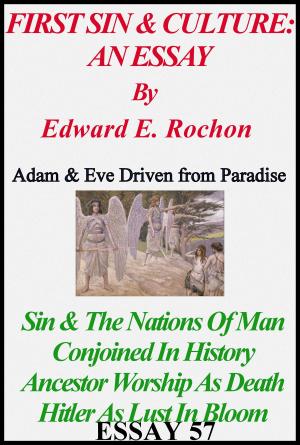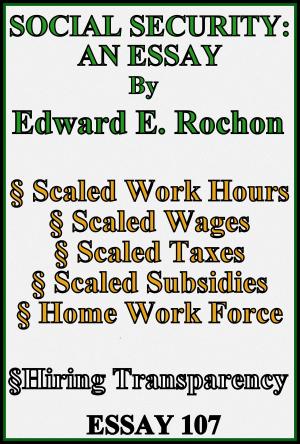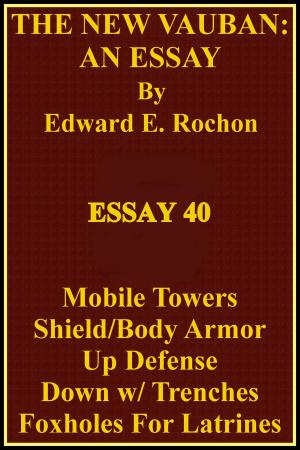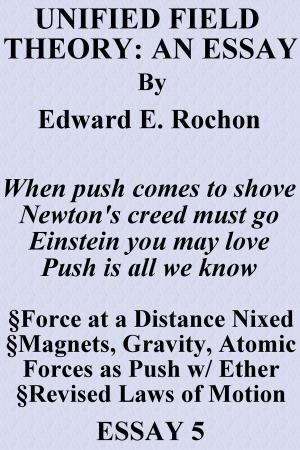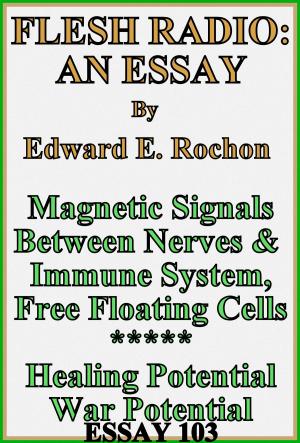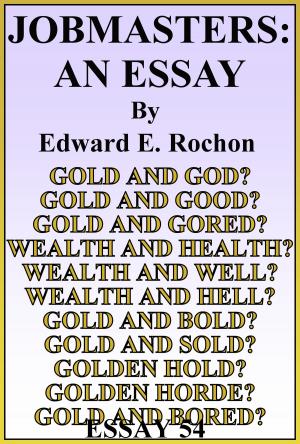Biblical Exegesis & Fraud: An Essay
Nonfiction, Religion & Spirituality, Bible & Bible Studies, Criticism & Interpretation, Commentaries| Author: | Edward E. Rochon | ISBN: | 9781311256218 |
| Publisher: | Edward E. Rochon | Publication: | November 22, 2014 |
| Imprint: | Smashwords Edition | Language: | English |
| Author: | Edward E. Rochon |
| ISBN: | 9781311256218 |
| Publisher: | Edward E. Rochon |
| Publication: | November 22, 2014 |
| Imprint: | Smashwords Edition |
| Language: | English |
The essay opens with a preface explaining the intent of the work. Exegesis is defined, methods of deceit described. The matter of qualifications is mentioned. The first chapter discusses the two epistles ascribed to Peter in the New Testament. The claim is that Peter did not write them because he was too ignorant, or long dead. The essay points out that Peter had decades to improve his linguistic skills (leaving Pentecost miracles aside), that ministers often let assistants write the actual sermons that are perused by them and authorized with their signature. It notes that assistants come and go. One letter might be written by another assistant, yet perfectly reflect the views of Peter during his lifetime. We note that the bulk of early readers viewed the letters as authentically written in Peter's time by Peter. Scholars writing two thousand years later need truly pressing proof to challenge people who spoke to eyewitnesses, probably had access to original source material, etc. They have no such pressing evidence. The believer is under no obligation to accept their views. The second chapter describes the unproven assertion that prophecy cannot exist as nonsense. He notes that the vocabulary of the Book of Isaiah can easily be reconciled with pertinent facts surrounding his works, Jeremiah's and Ezekiel. Their assertions that the vocabulary of Isaiah was not available to Isaiah is turning the world upside down, without any proof, most likely false. The proof, so called proofs, offered are not proofs, but what might be expected considering the turbulent nature of Judaic culture at the time, the chaos, the unpopularity of the major prophets, etc. I mention that some other matters have been brought up in previous essays on similar matters.
The essay opens with a preface explaining the intent of the work. Exegesis is defined, methods of deceit described. The matter of qualifications is mentioned. The first chapter discusses the two epistles ascribed to Peter in the New Testament. The claim is that Peter did not write them because he was too ignorant, or long dead. The essay points out that Peter had decades to improve his linguistic skills (leaving Pentecost miracles aside), that ministers often let assistants write the actual sermons that are perused by them and authorized with their signature. It notes that assistants come and go. One letter might be written by another assistant, yet perfectly reflect the views of Peter during his lifetime. We note that the bulk of early readers viewed the letters as authentically written in Peter's time by Peter. Scholars writing two thousand years later need truly pressing proof to challenge people who spoke to eyewitnesses, probably had access to original source material, etc. They have no such pressing evidence. The believer is under no obligation to accept their views. The second chapter describes the unproven assertion that prophecy cannot exist as nonsense. He notes that the vocabulary of the Book of Isaiah can easily be reconciled with pertinent facts surrounding his works, Jeremiah's and Ezekiel. Their assertions that the vocabulary of Isaiah was not available to Isaiah is turning the world upside down, without any proof, most likely false. The proof, so called proofs, offered are not proofs, but what might be expected considering the turbulent nature of Judaic culture at the time, the chaos, the unpopularity of the major prophets, etc. I mention that some other matters have been brought up in previous essays on similar matters.

